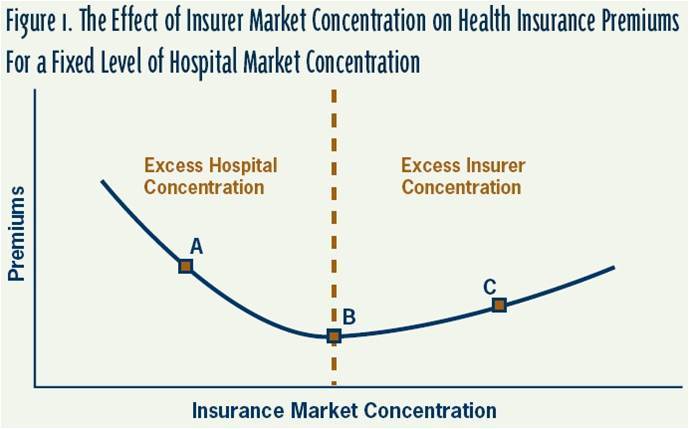Rousseau writes, ""The problem is to find a form of association which will defend and protect with the whole common force the person and goods of each associate, and in which each, while uniting himself with all, may still obey himself alone, and remain as free as before." This is the fundamental problem
of which the Social Contract provides the solution." THE SOCIAL CONTRACT OR PRINCIPLES OF POLITICAL RIGHT, Book One, Chapter 6 (1762).
"
The Second Treatise on Government develops Locke's own detailed account of the origin, aims, and structure of any civil government. Adopting a general method similar to that of Hobbes, Locke imagined an original state of nature in which individuals rely upon their own strength, then
described our escape from this primitive state by entering into a social contract under which the state provides protective services to its citizens. Unlike Hobbes, Locke regarded this contract as revokable. Any civil government depends on the consent of those who are governed, which may be withdrawn at any time.”
Locke: Government
The above reveals that Locke and Rousseau erect no philosophical barrier to the actions of the last Congress regarding the reform of health insurance, but as interesting as their writings may be, they have no effect today. The citizens of 2008 constitutionally elected their national representatives to enact legislation on their behalf. The only issue then is whether the general welfare clause and the interstate commerce clause permit Congress to pass health insurance reform.
Section 8 - Powers of Congress: The Congress shall have Power To lay and collect Taxes, Duties, Imposts and Excises, to pay the Debts and provide for the common Defence and general Welfare of the United States
Jake,
In another poor attempt by you to avoid the question and change the subject, here is the question again:
Do you say that Rousseau had a greater influence on the founding of this nation than Locke?
No need to thank me
--------------------------------------------------------------------------------
Of course from your "new" material, it does make wonder about what sources you are using? Perhaps yours sources are too one sided or you are just using what fits your "agenda". For you state,
"The only issue then is whether the general welfare clause and the interstate commerce clause permit Congress to pass health insurance reform."
Actually, the question is PapaObama Care constitutional as designed; not health insurance reform in general. Your "question" is nothing more than a statement of defense for PapaObama Care.
First
You state:
"The only issue then is whether the general welfare clause and the interstate commerce clause permit Congress to pass health insurance reform."
Jake, you do know that the General Welfare Clause by itself does NOT allow for legislation. Granted, this is a common call among the extreme left to push for all types of radical legislation; but to see it from you makes one wonder, what sources are you using?
Perhaps because of the bias sources you are using, you did not know that the
U.S. Supreme Court has held that the General Welfare Clause is NOT considered a grant of a general legislative power to the federal government.
In fact, even Thomas Jefferson has said on this issue:
“The laying of taxes is the power, and the general welfare the purpose for which the power is to be exercised. They [Congress] are not to lay taxes ad libitum for any purpose they please; but only to pay the debts or provide for the welfare of the Union. In like manner, they are not to do anything they please to provide for the general welfare, but only to lay taxes for that purpose.”
So Jake you are wrong on this point as well and on the rather leftist outlook of this point , since no one is questioning the ability of Congress to tax for legitimate purposes only if PapaObama care's mandate is a tax. You know the one that he said was not a tax.
Second
Back to your statement
"The only issue then is whether the general welfare clause and the interstate commerce clause permit Congress to pass health insurance reform.
The Interstate Commence Clause, an enumerated power, is not in question in the cases before the Supreme Court; it is only the legal reference that the gov't is making in defense of PapaObama Care. Again, no one questions the ability of the Gov't to regulate interstate trade where it has legitimate authority. So there is no question here; no doubt the same non-mainstream sources must be influencing your thinking and expectations.
Speaking of the Commerce Cause and PapaObama Care, in the most current case against U.S.
District Judge Henry Hudson has ruled that PapaObama Care goes beyond Congress’s powers to regulate interstate commerce.
Based on the biased and extreme sources you must be using, it comes as no surprize that you made no mention of the Tenth Amendment. It clearly states that the "powers not delegated to the United States by the Constitution, nor prohibited by it to the States, are reserved to the States respectively, or to the people." Indeed many on the extreme left always overlook or attack this amendment. No doubt the extreme left must feel that holding true and pure to a "Rousseauian" vision requires the gov't to be as large as possible as more important than the Constitution.
----------------------------------------------------------------
Again, after that sidetrack and to refresh our memories let us get back to the real question at hand:
Do you say that Rousseau had a greater influence on the founding of this nation than Locke?
Your continual effort to avoid the question and your bias and extreme resources, leaves little doubt to what your answer would be on this question.
It really does come as a surprise that for someone like you who claims to be so "mainstream" , you have such extreme viewpoints.

